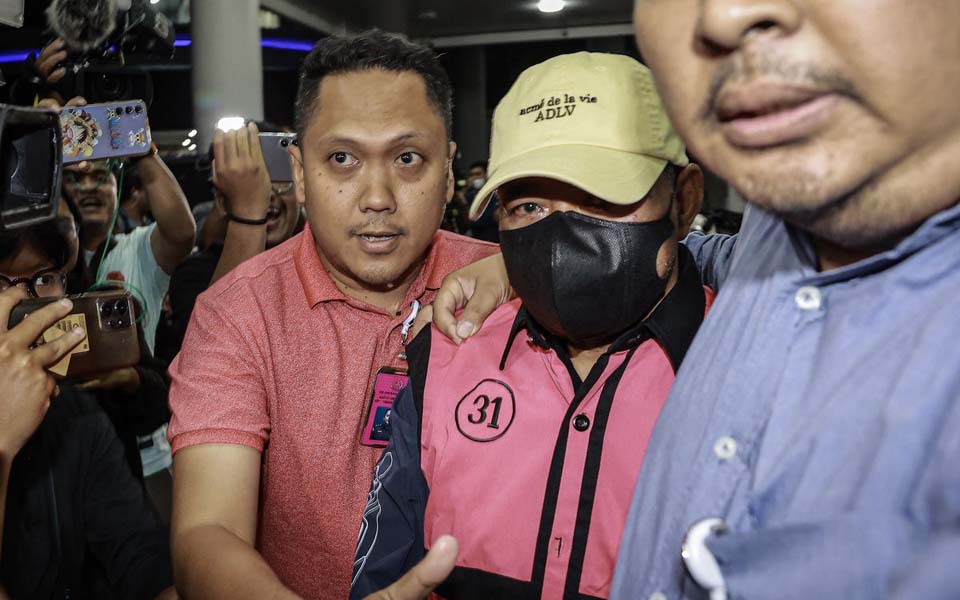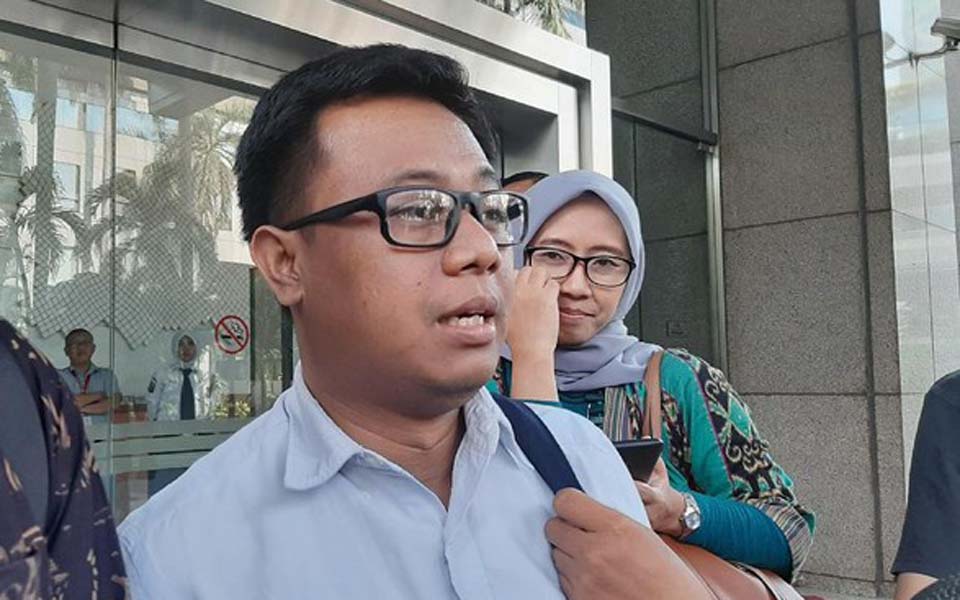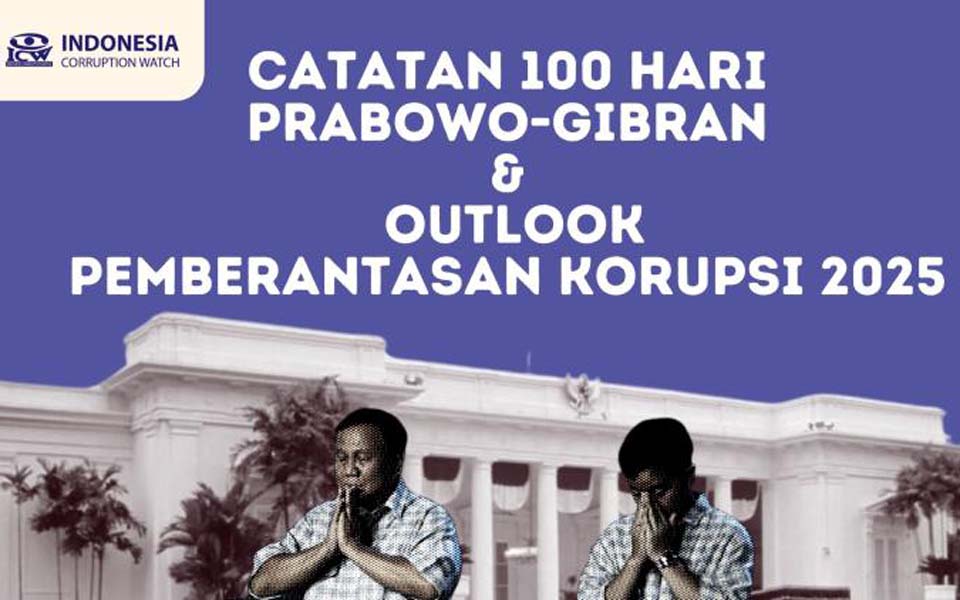Fika Nurul Ulya, Jakarta – A Kompas Research & Development (Litbang) survey has found that the majority or 90.9 percent of respondents disagree with former corruption convicts running as legislative candidates (caleg) in elections.
This goes against a ruling by the Constitutional Court (MK) in December 2019 which allowed former corruptors to become legislative candidates after a waiting period of five years after their release.
The public on the other hand, does not want former corruptors to return and hold administrative positions.
Broken down, as many as 63.4 percent of respondents strongly disagree with this and 27.5 percent disagree. Meanwhile only 7.6 percent of respondents agree and just 1.0 percent strongly agree.
"The majority of respondents (90.9 percent) disagree if former corruption convicts become legislative candidates in elections", said Kompas Litbang researcher Rangga Eka Sakti as quoted in the Kompas Daily on Monday December 19.
The respondents believe that former corruptors could potentially commit the same crimes again if they are given another opportunity to hold a government post (37.1 percent).
Meanwhile the other 32 percent consider that former corruption convicts should not be allowed straddle political ground again.
Then, 17.8 percent said that former corruption convicts would set a bad example for other politicians. Some 11.1 of respondents consider it unethical, 0.2 percent said that there are still many other candidates, and 1.2 percent did not know.
"One-third of respondents in the group which reject this also gave the reason that it should be that those who have been involved in corruption cases are no longer fit to be trusted to carry out the people's mandate which is contested through the elections", said Sakti.
Conversely, with respondents who agree that former corruption convicts can run as legislative candidates, 68.2 percent gave the reason that everyone has the right to be given a second chance. Some 21.3 meanwhile are of the view that this respects the political rights of every person.
Then, 8 percent of respondents said that corruption convicts have already served their sentences, and another 2.5 percent noted that there is a five year waiting period before they can become candidates in accordance with the Constitutional Court ruling.
"Those respondents who agree said that the MK ruling which set a five year waiting period after being released is evidence that there are efforts to restrict political rights without eliminating those political rights [all together]", explained Sakti.
[Translated by James Balowski. The original title of the article was "Litbang "Kompas": Publik Tak Setuju Mantan Napi Korupsi Jadi Caleg".]















